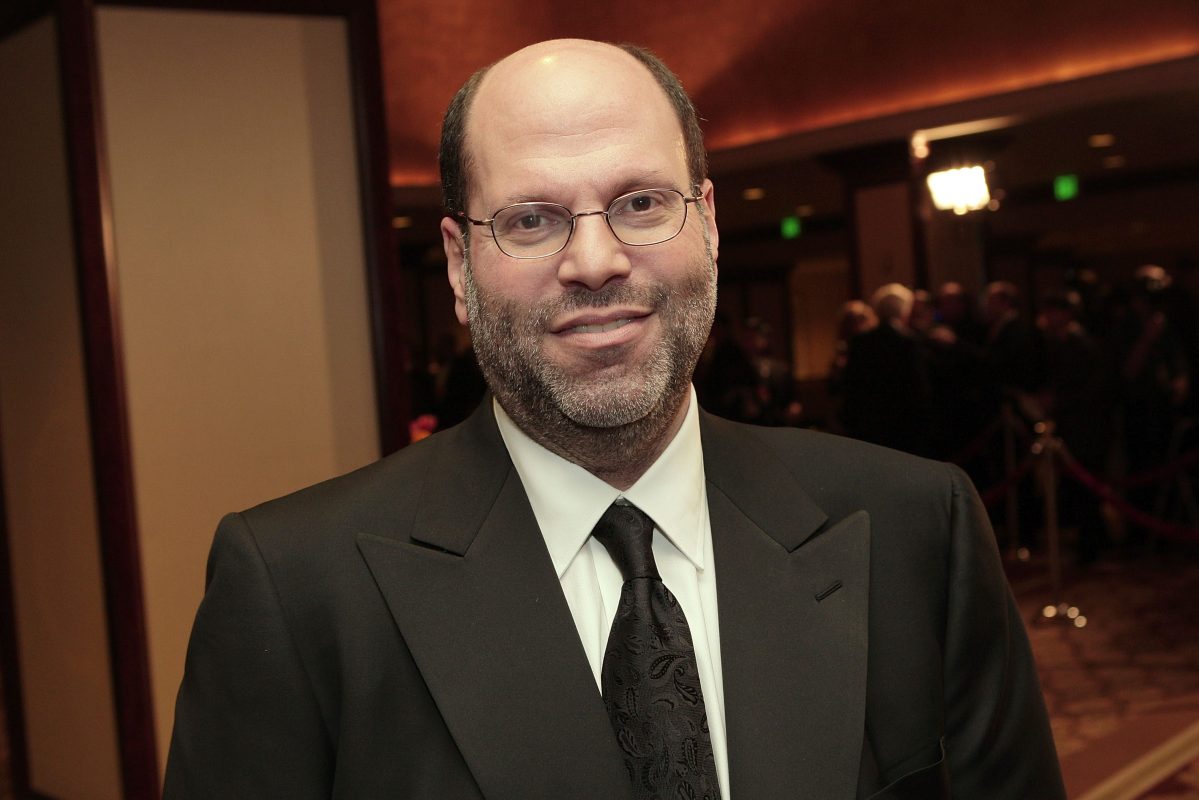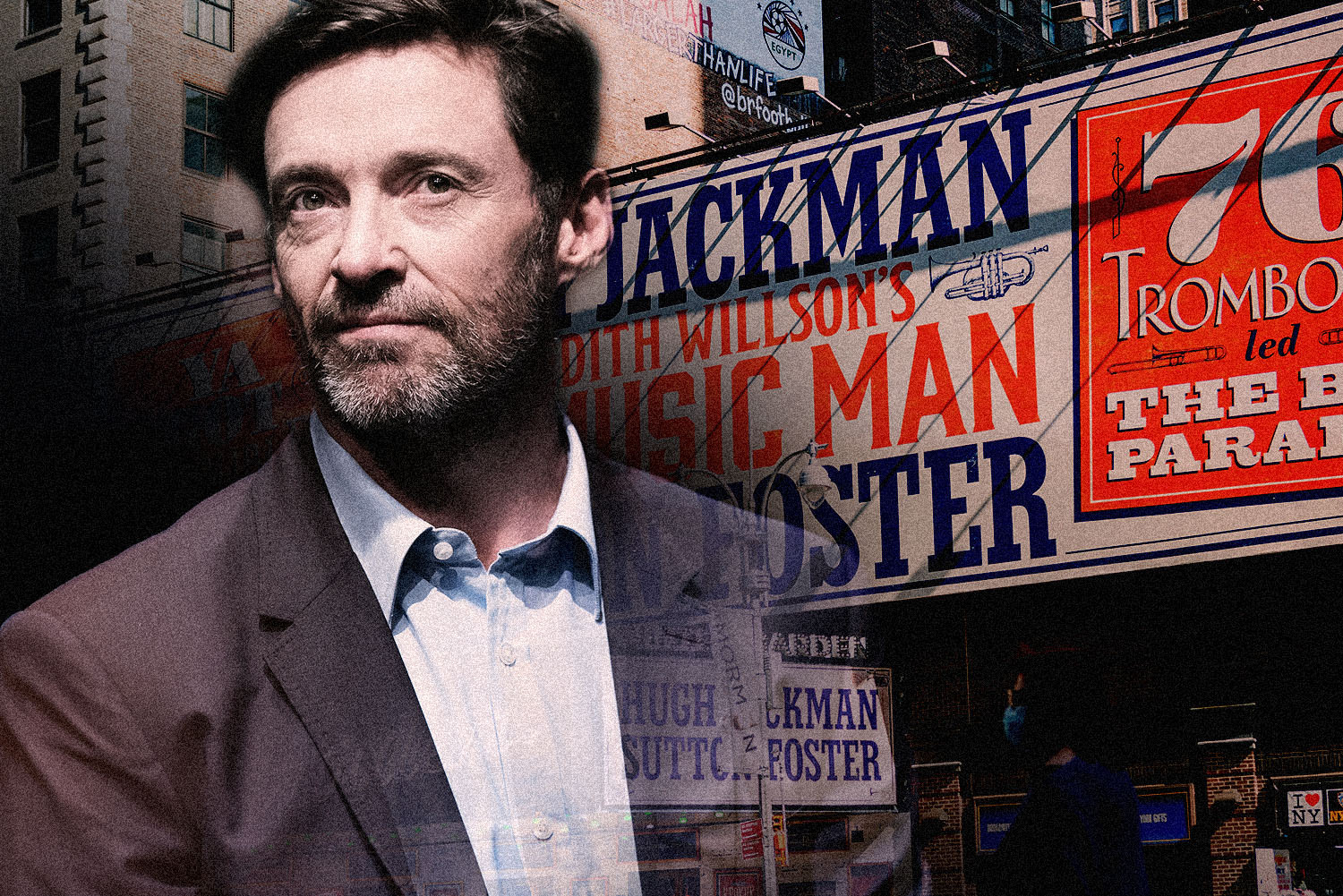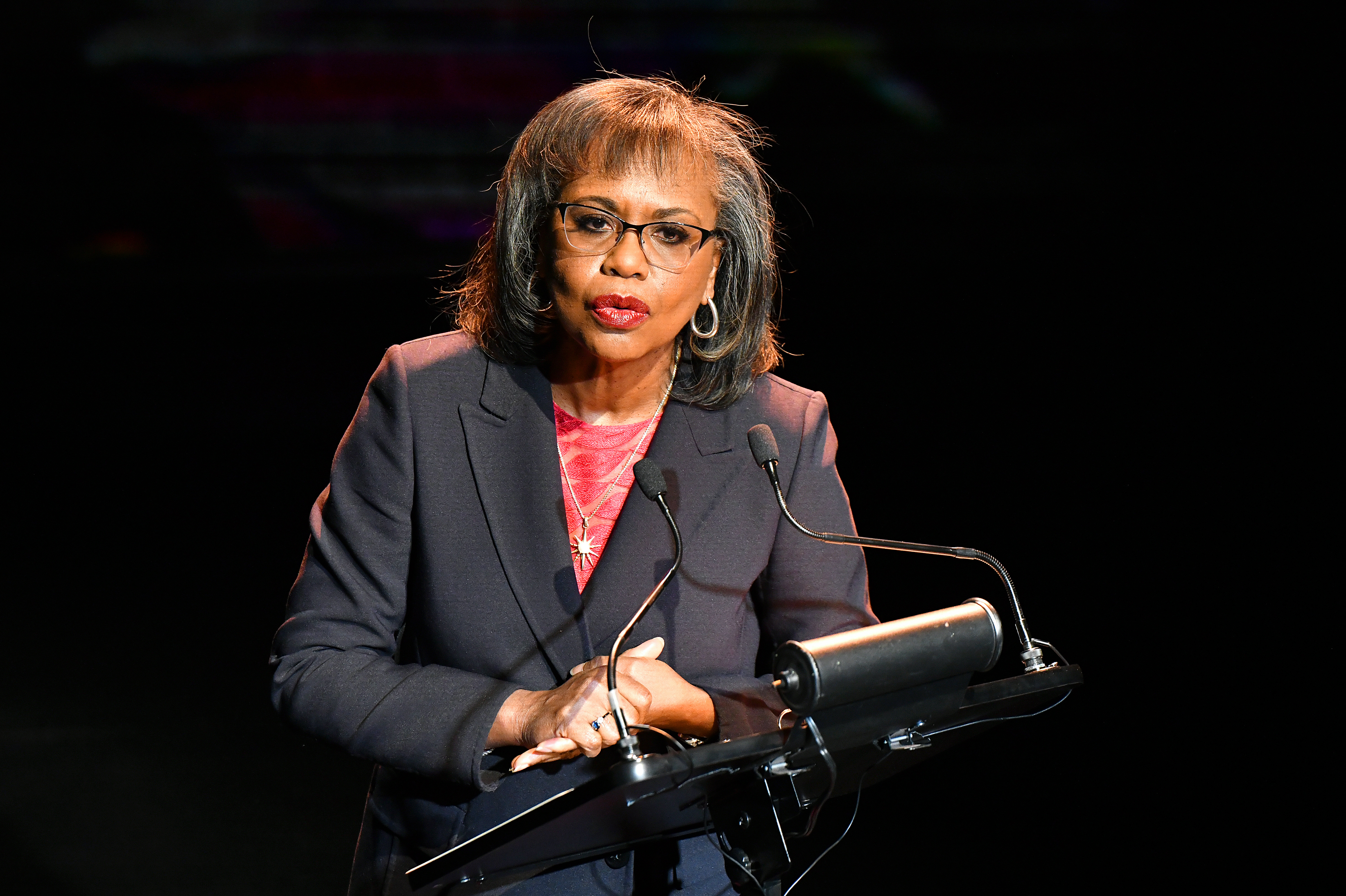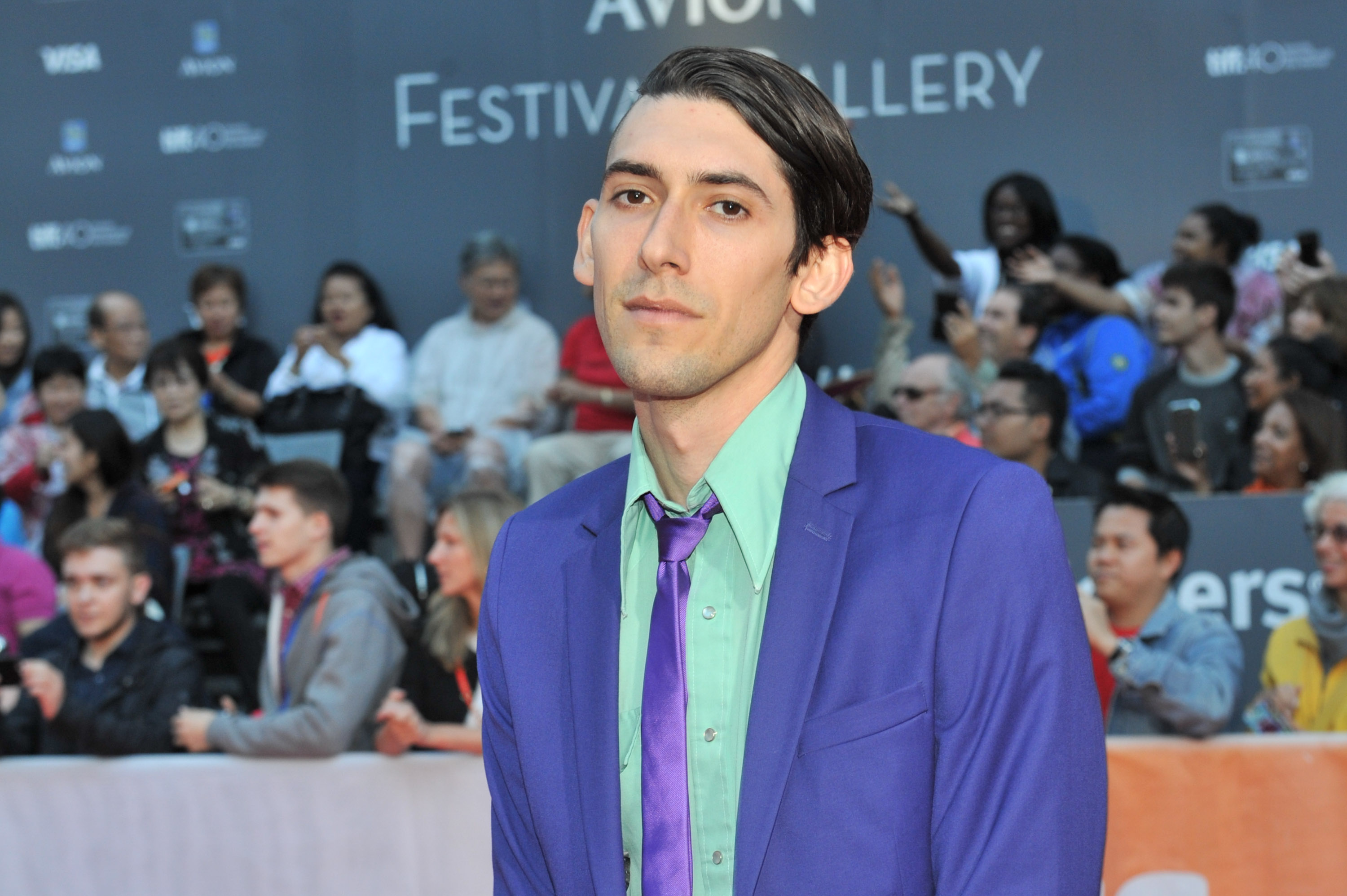In the wake of a bombshell Hollywood Reporter cover story exposing a long pattern of his emotionally and physically abusive behavior in the workplace, powerful Hollywood and theater producer Scott Rudin has announced that he is “stepping back from active participation” in his upcoming Broadway and film projects.
“When I commented over the weekend, I was focused on Broadway reopening successfully and not wanting my previous behavior to detract from everyone’s efforts to return,” Rudin said. “It’s clear to me I should take the same path in film and streaming. I am profoundly sorry for the pain my behavior has caused and I take this step with a commitment to grow and change.”
However, as The Hollywood Reporter points out, it’s unclear exactly what that entails. Rudin and those whose projects he’s currently attached to have been vague about how they see his future in the industry, and the unspoken implication here is that this is a temporary timeout until things blow over, rather than any kind of permanent consequence for his actions.
“To date, no industry player or partner with upcoming Rudin business has spoken out, and most of the industry is keeping mum in the face of on-the-record allegations that included physical violence,” the publication notes. “Rudin remains a client at WME, an agency that swiftly cut ties with other clients accused of misconduct, including Armie Hammer and Brett Ratner.”
While the Me Too movement has somewhat successfully pressured Hollywood to immediately cut ties with anyone accused of sexual misconduct, the Rudin situation is proof that the industry still is lagging behind when it comes to dealing with allegations of non-sexual abuse. (Aside from emotional abuse, the allegations against Rudin include an incident in which he smashed a computer monitor on an employee’s hand, requiring a trip to the hospital, as well as multiple occasions where he threw objects — including a stapler, teacup and glass bowl — at staffers.) But the impact of these kinds of abuse can be just as devastating: David Graham-Caso spoke out recently about how his twin brother Kevin, who worked for Rudin in 2008 and 2009, was “berated and demeaned, bullied and intimidated and harassed” by the producer and developed a severe anxiety disorder as a result. Kevin died by suicide in October.
“The pain and suffering Scott Rudin caused won’t be healed by his doubling down on an empty public relations stunt, cynically designed to avoid real consequences,” David Graham-Caso said. “The power to actually change things, to save future assistants from a similar fate as Kevin’s, rests with the people who have enabled Rudin’s abuse for so long. If the actors, writers and directors who have partnered with Rudin in the past stand up to this bully, they have the power to save lives.”
Thanks for reading InsideHook. Sign up for our daily newsletter and be in the know.


















